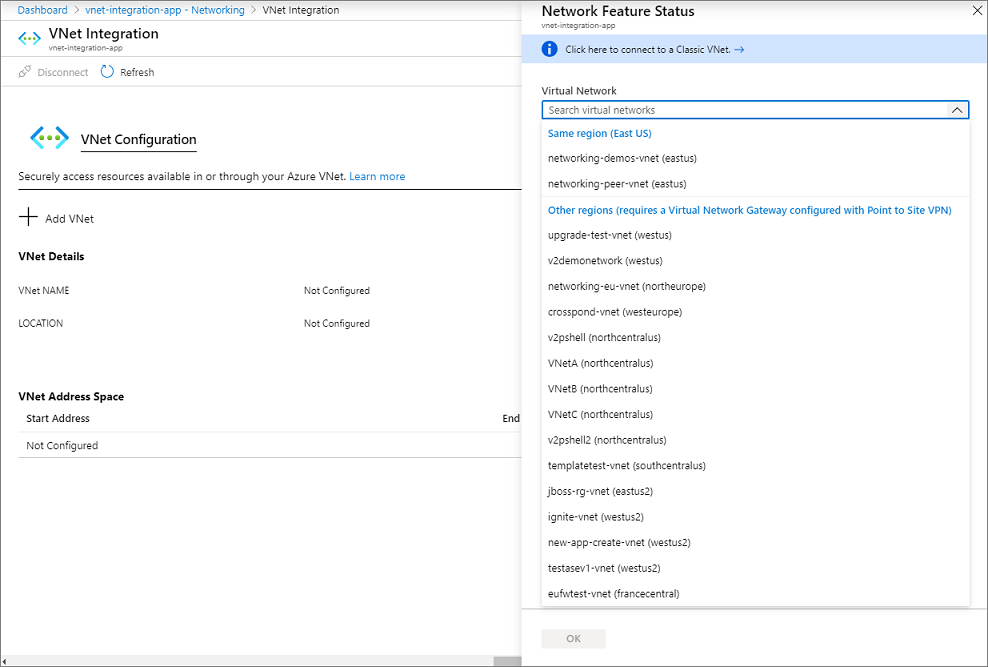Hi @RhettBlach-2169,
Assuming we can find a vendor that allows this, is it even possible in Azure?
Yes it is.
We would need a public IP assigned to this firewall appliance, and we would have to somehow route connectivity from the S1 App Service to this firewall appliance. I know the S1 VNet connectivity is limited, and this firewall appliance would obviously have to exist in a VNet. Would we have to go to an ASE in order for this to work, or could we connect a VNet to the S1 somehow?
The S1 app service plan doesn't affect the usage of a VNet. You could go with an ASE if you wanted to keep the traffic to your services isolated. I don't believe it's necessary for this case though. You can create your firewall appliance and VNet at the same time and associate your app service to the VNet afterwards.


